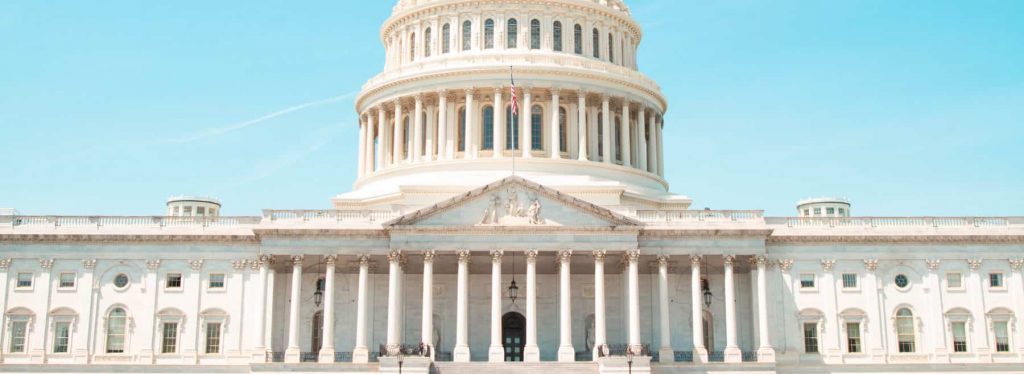Treasury Secretary Steven Mnuchin announced on March 26, 2020 that taxpayers will have the cash rebate checks issued in three weeks to taxpayers, but will you get one?
Under the Coronavirus Aid, Relief, and Economic Security Act, or CARES Act, taxpayers will be issued a check for $2,400 for a joint return and $1,200 for other filing statuses. Taxpayers will also receive $500 per qualifying child. The amount of the check will decrease if the taxpayer’s adjusted gross income is in the phase-out zone. The phase-out zone is $150,000 to $198,000 for a joint return, $112,500 to $136,500 for heads of households and $75,000 to $99,000 for all others.



